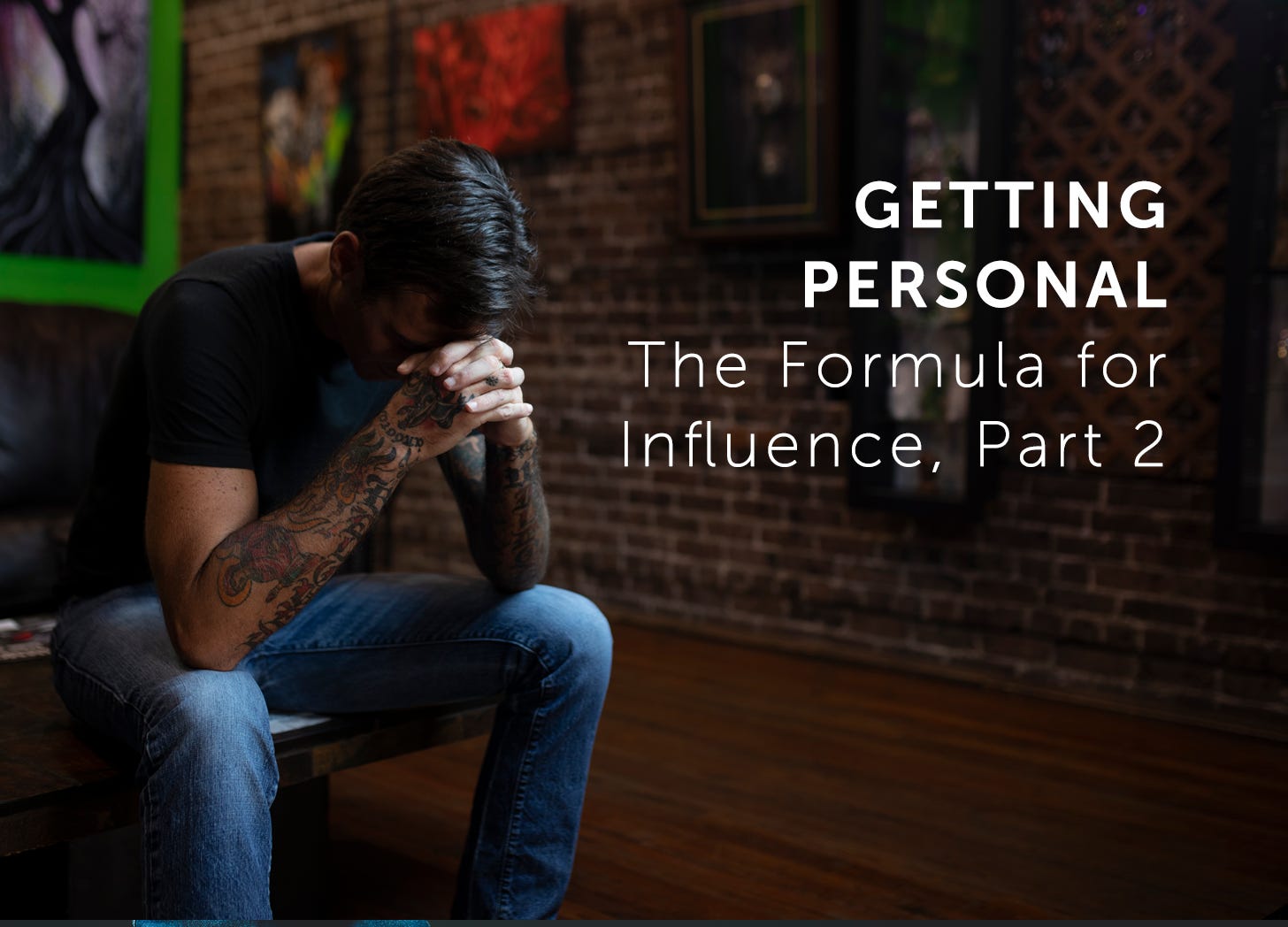1. Open Up a Vein and Bleed
The opening chapter of Invite Press’ first national title, Painting with Ashes, contains some brutal lines about author Michael Beck’s pre-Jesus incarceration. We joked internally at Invite Press about putting an explicit sticker on the cover, then decided we actually should. One of our team members said the sticker would increase sales 20%. He may have been right, too. As I mentioned last week, the book has found a home helping chaplains to minister to incarcerated persons.
Another Invite Press author, Greg Atkinson, chose to pull the curtain back on some of his own story of brokenness as he introduced the theme of his book, The Secret Power of Kindness. It’s a surprising beginning to a book that one might be tempted to think is all about sunshine and lollipops, but Greg’s approach is powerful and effective. In her endorsement, Chick-Fil-A Vice President Dee Ann Turner wrote, “Our world is suffering, and kindness is the antidote. Through his own personal story, Greg Atkinson guides us on a journey to unlocking the Secret Power of Kindness and how it can change the world around us.”
This is the second entry in a series I’m calling The Formula for Influence.
The big idea for this week is that the best messages always come from a real and personal place.
Don’t hide the pain that has formed you. Careful understanding and use of your own story is critical to the success of your message in a culture that craves authenticity. At Invite Press, our favorite titles are real stories for real people—or, as I sometimes joke, not church nerd stuff, but books my wife actually wants to read.
Live changing messages at any level cannot just be a professional endeavor. They must fundamentally be human. We must be willing to “become vile,” to speak to the experiences of those with whom we wish to connect. When I first met Michael Beck in our Doctor of Ministry program, he’d already written several good church nerd books. I told him, the most powerful thing about his witness was his personal story.
I’ve learned the hard way that if you write from “on high” as a professional imparting expertise, you will effect few. As Ernest Hemingway penned, writing is simple: just open up a vein and bleed. Use your journey to inform yourself.
This isn’t a call to document your therapy, because what you write must always benefit the reader, and as a Christian, point to Jesus. But don’t miss the opportunity. Consider: Jesus is not just a teacher. We worship the Lord of the Universe because he embodied his message. His blood makes it real.
(A related piece of writing advice: if you’re stuck or your work seems flat, think about what you’re trying to correct. What nags you or ticks you off? One doctoral student I coach at George Fox University unlocked his dissertation when I asked him to name the bad forms of discipleship he was seeing, and much of my own writing is responding to ongoing sources of discontent.)
Last week, I wrote that a book is actually a product line. The good ones emerge from the real life lessons you have learned the hard way. Don’t just use your struggle to motivate your work; build it in. Take the reader on your journey. If it serves your thesis, they will find their own journey in the retelling.
This week’s takeaway for thinking and leading as a champion: Whether you’re composing a speech or sermon, an email or a manuscript, ask yourself, in what way have I bled over this?
What personal journey makes my message real? And not just for therapy, but what story can point people to Jesus and help them overcome the obstacle on their journey?
2. Championing Invite: Personal Not Political
At Invite, I like to say we are high on Jesus, low on politics, and biased toward innovation. This is not to say we are apolitical. Rather, it’s a conviction that the best life change happens not by placards and megaphones on street corners, but through the power of getting personal. It happens when we see one another’s humanity. Emotional safety allows us to drop our cognitive dissonance and empathize.
In a wonderful recent essay, Wheaton historian Mark Noel recounts the success of American Methodist Bishop Francis Asbury’s modus operandi. In an age even more politicized and dangerous than our own, when American colonials took up arms against the crown, he experienced intense pressure to issue a statement picking one side or the other. His staunch refusal to pick sides led to short term suffering, but set up early Methodism’s growth and longterm social flourishing. In the three decades following the war’s conclusion, the Methodist movement exploded into a dominant force for renewal in the new nation. Sadly, his relentless commitment to eschewing party platforms, once faded, correlated with the plateauing of Methodism’s influence and a concurrent rise in ideological engagement.
We would do well as a church to relearn Asbury’s approach today. At Invite, the dominant content filter we employ is High Christology. Jesus is Lord. We’re less interested in politics, and we get excited by new innovation.
We publish people, not products. We do this because we think getting personal, rather than political, helps us and our shared faith.



